Why Africa’s Business leaders are betting big on AI
African Business Leaders Champion AI: Strategic Investments and Transformative Initiatives Reshaping the Continent's Future
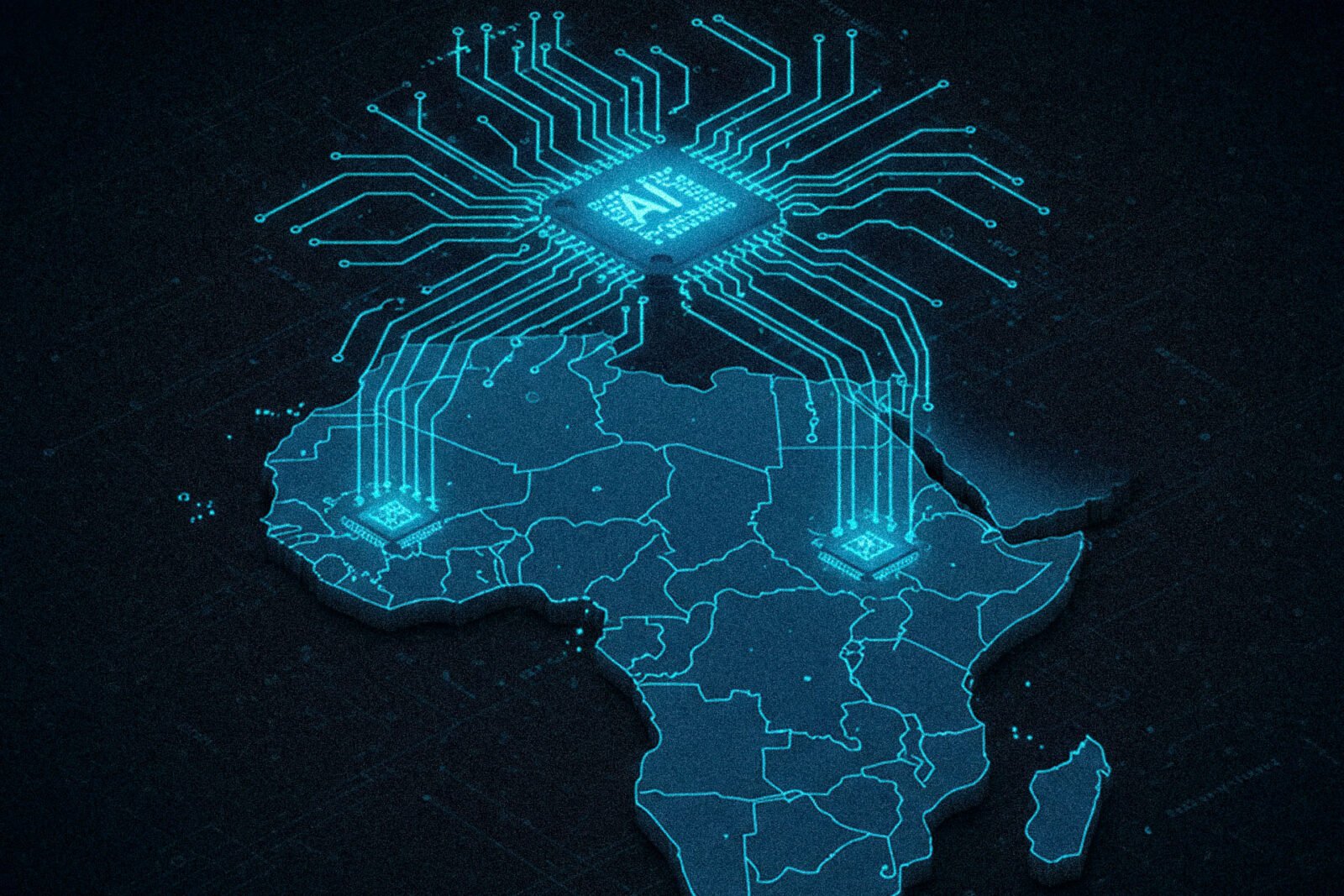
Across Africa, business leaders are making bold moves into the realm of artificial intelligence. They see AI not just as a technological trend, but as a vital tool for economic growth, digital independence, and solutions to Africa’s most pressing issues. This strategic shift shows a growing belief that AI presents both an urgent need and a unique chance to redefine Africa’s place in the global economy. A new wave of AI-driven projects is emerging from the bustling tech scene in Nothern Africa to the boardrooms of Southern African corporations. These initiatives blend local ingenuity with international collaborations to build the necessary infrastructure, cultivate talent, and implement cutting-edge AI solutions.
AI as a Catalyst for Economic Transformation
The potential economic impact of AI in Africa is significant. Projections suggest AI could inject $2.9 trillion into the continent’s economy by 2030. This could also boost annual GDP growth by 3%. Business leaders are keenly aware of AI’s power to increase productivity across vital sectors. The African Development Bank estimates that smart AI adoption could lift 11 million Africans out of poverty and create 500,000 new jobs each year until 2030.
While global trends saw AI contribute significantly to worldwide GDP in 2023, African leaders are focused on adapting these benefits to their specific needs. Unlike past technological shifts where Africa lagged behind, business pioneers aim to make the continent a creator of AI solutions, not just a consumer of foreign technology.
Sector-Specific AI Strategies
Forward-thinking executives are targeting AI applications with strong local relevance and potential for export:
- Agriculture: In Kenya, startups like Amini use satellite data and AI to help 2 million small farmers with precision farming. This technology analyzes soil, weather, and market trends, potentially cutting crop losses by 40%. The company has already attracted $2 million in early funding.
- Healthcare: Rwanda’s partnership between Zipline and the government now uses AI to optimize its drone-based blood delivery system. This has reduced waste by 25% and sped up emergency response times. In Ghana, Aya Data is developing AI-powered speech recognition for medical diagnoses in local languages, supported by $900,000 in seed funding.
- Financial Services: Nigerian fintech giant Flutterwave has integrated AI to detect fraud, reducing payment processing errors by 30% and lowering costs for cross-border transactions. South Africa’s Discovery Health uses machine learning to predict hospital admissions with 92% accuracy, improving resource management.
Building the Infrastructure for AI Development
Continental Computing Power
A landmark infrastructure project is led by Zimbabwean telecoms magnate Strive Masiyiwa’s Cassava Technologies. They are partnering with Nvidia to launch Africa’s first dedicated AI factory in South Africa by June 2025. This $200 million facility will boast 40 exaflops of computing power, equivalent to 40 million high-end laptops, utilizing Nvidia’s advanced DGX SuperPOD architecture. Plans include expanding this network to Egypt, Kenya, Morocco, and Nigeria by 2027, creating a distributed system of AI hubs.
Masiyiwa’s vision addresses Africa’s critical lack of computing capacity, which is estimated to be only 5% of what’s needed for complex AI training. These AI factories will enable the local development of large language models (LLMs) using African language datasets, a crucial step given that these languages make up a tiny fraction of current online content.
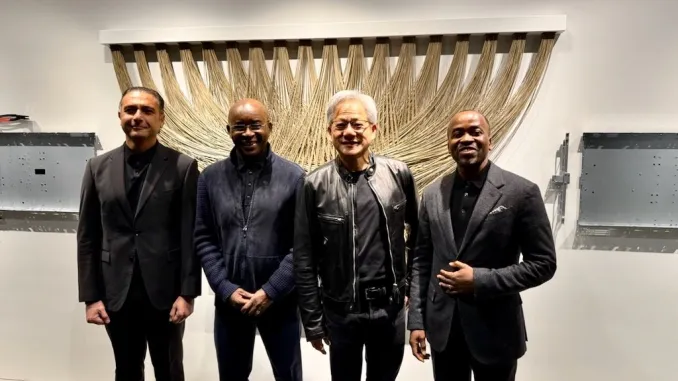
Supporting Infrastructure Initiatives
Other leaders are contributing to the foundational infrastructure:
- Data Centers: MTN Group is investing $1 billion in large-scale data centers across Nigeria, Ghana, and Côte d’Ivoire, equipped with liquid cooling for AI workloads.
- Connectivity: Liquid Intelligent Technologies, another Masiyiwa venture, is expanding its extensive fiber network to connect AI hubs with high-speed 5G capabilities.
- Cloud Services: Microsoft is investing $300 million in cloud infrastructure in South Africa, including specialized AI accelerators for startups.
Investment Strategies for Africa’s AI Future
Blended Finance Models
Innovative funding approaches are emerging, such as the proposed $60 billion Africa AI Fund. This fund aims to combine public, private, and philanthropic investment over 20 years. It will offer risk mitigation through initial capital from development finance institutions, commercial returns for pension funds and sovereign wealth funds, and grants for ethical AI frameworks and regulatory development. This model has already seen success in Malawi with an AI-powered farming chatbot that combined grants with impact investment.
Evolving Venture Capital
The private equity sector is adapting to the unique needs of AI. The African Private Equity and Venture Capital Association reported significant investment in AI-focused deals in 2022-2023, with longer investment periods. Firms like Partech Africa are now employing AI specialists to assess the technical aspects of AI startups. New platforms are also emerging to provide exit strategies beyond traditional acquisitions.
Developing Talent and Ethical Guidelines
Building Local AI Expertise
Major initiatives are underway to bridge Africa’s AI talent gap:
- Google’s $5.8 million AI skilling program aims to train 50,000 developers in Nigeria, Kenya, and South Africa.
- Masiyiwa’s Cassava Academy plans to certify 10,000 AI engineers by 2027 through partnerships with Nvidia.
- Microsoft’s AI for Africa initiative has already trained 800,000 young people in basic machine learning since 2022.
A Continent Embracing Transformation
Africa’s AI revolution is more than just adopting new technology; it’s a strategic effort to reshape the continent’s development. Business leaders are laying the groundwork for sustained innovation through infrastructure investments and talent development. Local startups are demonstrating Africa’s capacity for creating its own AI solutions, while new funding models are aligning commercial goals with developmental impact.
As these initiatives grow, they hold the promise of transforming key sectors and creating new economic opportunities rooted in data sovereignty and inclusive growth. The coming years will reveal the extent to which Africa’s AI ambitions can improve lives and boost global competitiveness, but the strategic investments being made today signal a significant technological advancement for the continent.
Recent Posts
Related Articles
How does the African Declaration on Artificial Intelligence aim to shape the future of AI in Africa?
Fifty-four nations have signed a bold declaration aiming for the continent to...
ByTrendit AfricaMain Goals of the Global AI Summit on Africa
Leaders and innovators convened in Kigali for the Global AI Summit on...
ByTrendit AfricaAfrica’s AI Era Is Here — Build With It or Get Left Behind
AI is here in Africa, promising massive economic growth and already changing...
ByTrendit AfricaHow African Creators Are Using AI to Take Their Work to the Next Level
How African Creators Are Using AI to Outwork, Outsmart, and Outcreate.
ByTrendit Africa





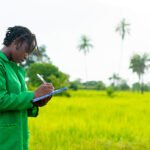



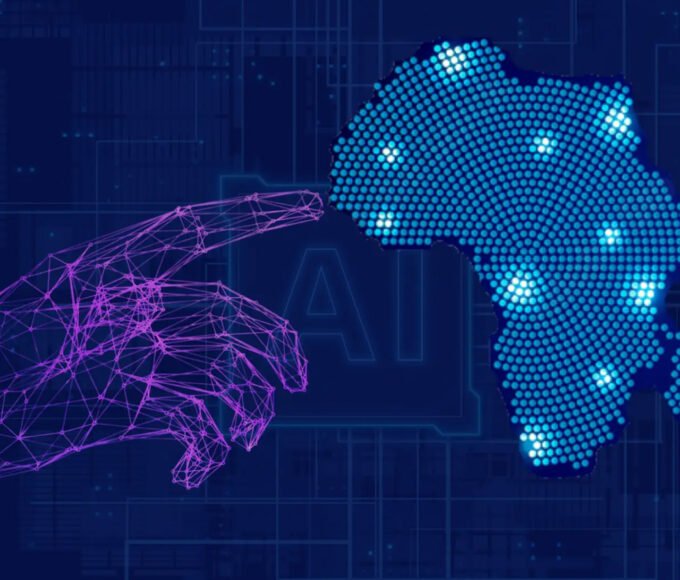
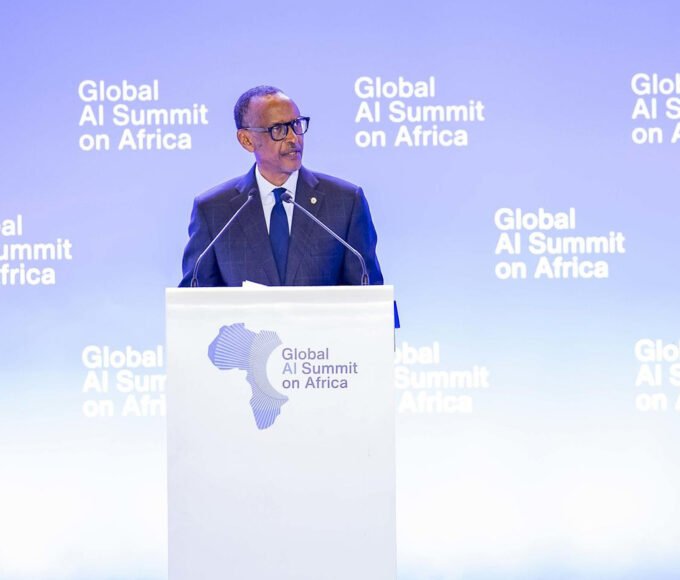

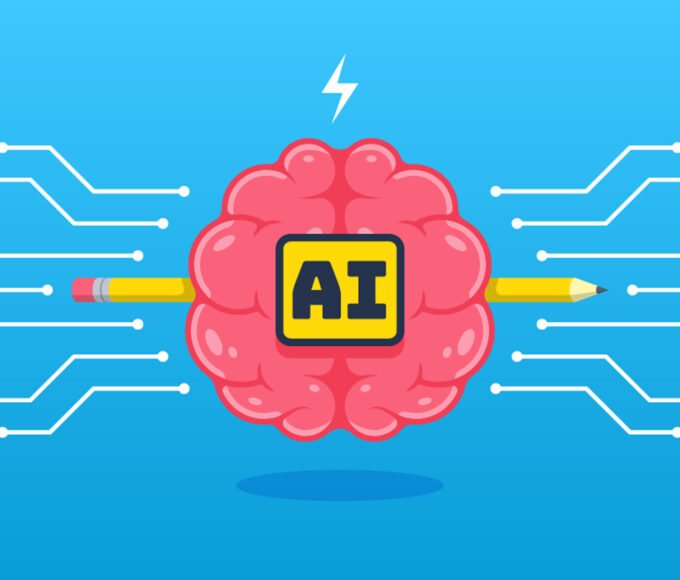
Leave a comment